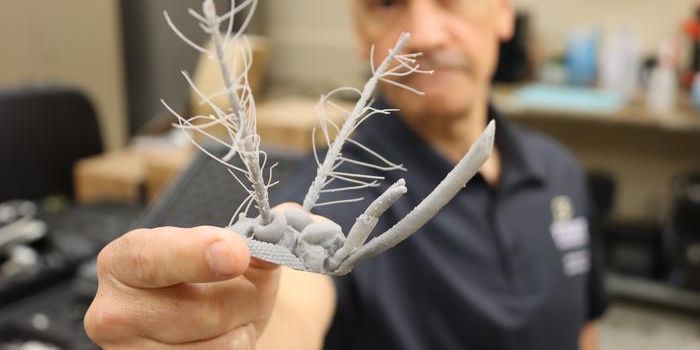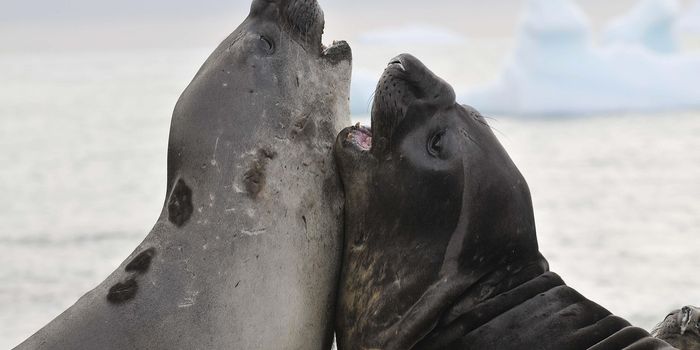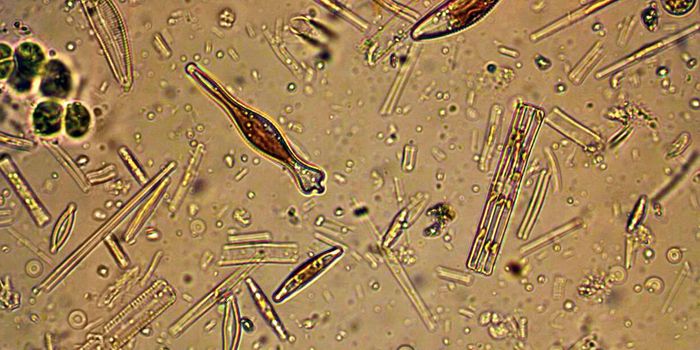Do microwave dinners signal the devolution of our species? Okay, that's a stretch, but a recent study leads researchers to conclude that cooking likely appeared earlier in human evolution than previously thought. In fact, it might even have predated or co-occurred with controlling fire.
The study, published in the June 3 Proceedings of the Royal Society B, ascribes several cognitive capabilities humans use to cook food to chimpanzees. The researchers documented a preference for cooked food, but more importantly, they found chimps had enough understanding of a cooking device that they delayed eating raw food in order to cook it. This was striking to evolutionary biologist Alexandra Rosati, one of the study's authors.

"There is quite a lot of research that says animals have problems with self-control when it comes to possessing food, but we were leaving the sanctuary in a few days so we decided to try it," said Rosati. "I thought there was no way they were going to do this."
Indeed, about half the chimps independently chose not to eat a raw piece of potato, but to place it in a cooking device and receive a cooked piece in return.
"The first time one of the chimps did this, I was just amazed," Rosati said. "I really had not anticipated it. When one of them did it, we thought maybe this one chimp is just a genius, but eventually about half of them did it."
Because they've found chimpanzees may possess all the requisite cognitive abilities to conceive of and engage in cooking, the researchers propose that human ability to cook appeared early in our evolution.
"It is an important question when cooking emerged in human evolution," said co-author Felix Warneken, the John L. Loeb Associate Professor of the Social Sciences at Yale University. "We thought one way to get at this question is to investigate whether chimpanzees, in principle, have the critical cognitive capacities for cooking. If our closest evolutionary relative possesses these skills, it suggests that once early humans were able to use and control fire they could also use it for cooking."
Cooking food made it easier to digest so that we could derive more energy from it. This is why it indicates an evolutionary leap for human development. Scientists have assumed controlling fire predated cooking, but Warneken and Rosati are at least challenging this hypothesis.
"People focus on the control of fire because that seems so salient, but even if you had a fire stick, several other insights are required before you can use it for cooking," Rosati said. "Obviously, chimps can't control fire, but we were trying to hypothesize about some of the other aspects of cooking, like the causal understanding that if you put this raw food on the fire it creates cooked food, or at the extreme end of our study, the ability to plan. What's particularly interesting about cooking is it's something we all do, but it involves a number of capacities that, even without the context of cooking, are thought to be uniquely human. That's why we wanted to study this in chimpanzees."
Their first tests simply showed that chimps preferred sweet potato that had been cooked. The experiments then turned to whether the chimps would understand that some process transformed the food from raw to cooked, and finally, whether they might choose to use the cooking device.
The chimps proved capable of understanding the cooking mechanism and preferring it. Surprisingly, they even generalized this knowledge to carrots, which they hadn't directly experienced as cooked before, and they saved food for a later cooking session.
Follow Will Hector on Twitter: @WriterWithHeart
(Source: Science Daily)









